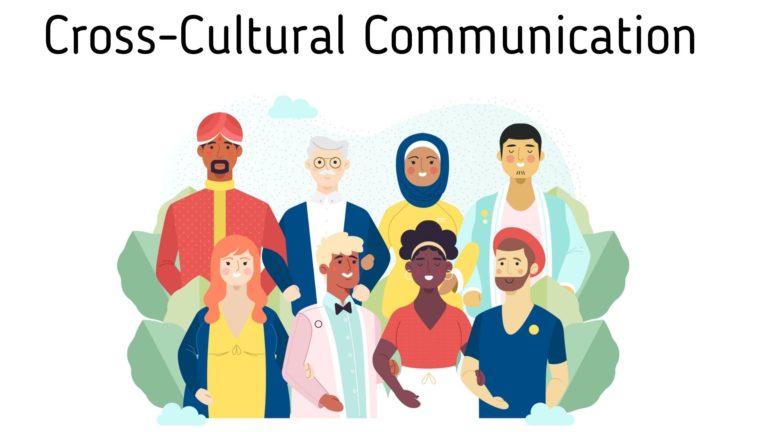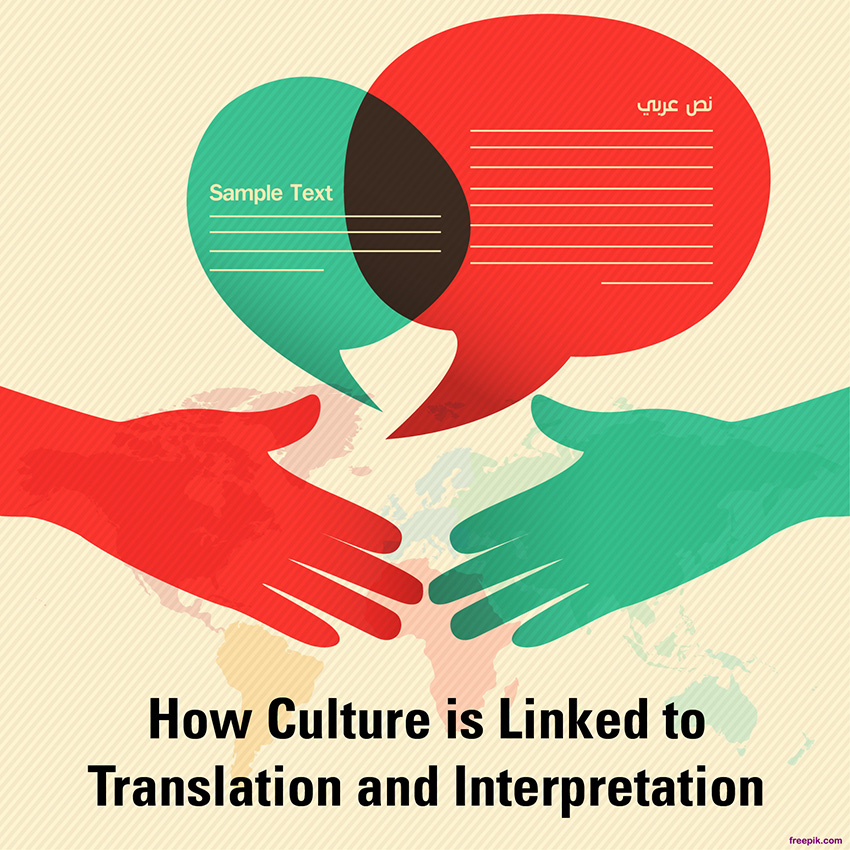Introduction:
Translation, as a crucial linguistic and cultural bridge, plays a pivotal role in facilitating communication between people who speak different languages. The need for translation arises from the diverse and multilingual nature of our globalized world. This essay explores the historical evolution, contemporary significance, and future prospects of translation, shedding light on its multifaceted contributions to cross-cultural understanding.
Historical Evolution:
The roots of translation can be traced back to ancient civilizations, where it served as a means of conveying knowledge and cultural exchange. The Bible, for instance, has been translated into numerous languages, contributing to the spread of Christianity. During the Hellenistic period, the translation of philosophical and scientific texts from Greek into various languages, such as Arabic, laid the foundation for the transmission of knowledge across cultures.
The Middle Ages witnessed the translation of classical works into Latin, allowing scholars to access and build upon the wisdom of the ancient Greeks and Romans. The Renaissance further fueled the demand for translation, as the rediscovery of classical texts led to a renewed interest in translating them into vernacular languages.
Translation in the Contemporary World:
In today’s interconnected world, translation has become an integral part of various domains, including diplomacy, business, literature, and technology. Global businesses rely on translation services to communicate with customers, negotiate deals, and navigate the complexities of international markets. Diplomats employ translators to ensure accurate communication during negotiations and international conferences, fostering cooperation between nations.
Literary translation allows readers worldwide to access and appreciate works of literature from different cultures. Translators face the challenge of preserving the author’s voice and cultural nuances while making the text accessible to a new audience. This delicate balance requires not only linguistic proficiency but also a deep understanding of the cultural context.
The Role of Technology:

Advancements in technology, particularly machine translation and artificial intelligence, have significantly impacted the field of translation. Automated translation tools, such as Google Translate, have made it easier for individuals to obtain quick and basic translations. However, the limitations of these tools, such as inaccuracies in preserving cultural nuances and context, highlight the continued importance of human translators.
Professional translators leverage technology to enhance their efficiency and accuracy. Computer-assisted translation tools assist in managing large volumes of text, ensuring consistency in terminology, and speeding up the translation process. Despite these technological advancements, the human touch remains irreplaceable, especially in creative and culturally sensitive texts.
Challenges and Ethical Considerations:
Translation is not without its challenges and ethical considerations. The potential loss of cultural nuances and the risk of misinterpretation pose significant hurdles. Translators must navigate the fine line between faithfulness to the source text and making necessary adaptations for the target audience. Additionally, issues related to censorship and bias may arise, emphasizing the need for translators to uphold ethical standards and promote cultural sensitivity.
Impact on Cross-Cultural Understanding:
Translation serves as a powerful tool for fostering cross-cultural understanding and promoting dialogue between diverse communities. By breaking down language barriers, translation enables people from different linguistic backgrounds to share ideas, values, and experiences. This exchange contributes to mutual respect and appreciation, challenging stereotypes and fostering a more inclusive global community.
In the realm of diplomacy, accurate translation is crucial for preventing misunderstandings that could have far-reaching consequences. Misinterpretations in diplomatic communication may lead to conflicts, making clear and precise translation an essential component of international relations.
The Role of Translation in Education:
Translation also plays a vital role in education, allowing students to access knowledge from different cultures and linguistic traditions. Translating educational materials makes diverse perspectives available to learners, enriching their understanding of the world. Additionally, translation helps students develop language proficiency and cross-cultural competence, preparing them for an increasingly interconnected global society.
Future Prospects and Adaptations:
As the world continues to evolve, the role of translation is likely to expand and adapt to new challenges and opportunities. The increasing prominence of minority languages and the recognition of linguistic diversity pose new demands on translators. Efforts to preserve endangered languages and promote inclusivity will require the expertise of translators in bridging linguistic gaps.
The integration of technology will continue to shape the future of translation. While machine translation tools will likely become more sophisticated, human translators will remain essential for tasks that require cultural sensitivity, creativity, and a deep understanding of context. Training programs for translators may need to evolve to incorporate both linguistic and technological skills to meet the changing demands of the profession.
Conclusion:

In conclusion, the user of translation is paramount in our interconnected and diverse world. From its historical roots to its contemporary significance, translation has played a crucial role in facilitating communication across linguistic and cultural boundaries. As technology continues to advance, the field of translation will undoubtedly face new challenges and opportunities, requiring adaptability and a commitment to ethical standards. The continued evolution of translation reflects its enduring importance in fostering cross-cultural understanding, promoting dialogue, and contributing to a more interconnected and harmonious global society.

